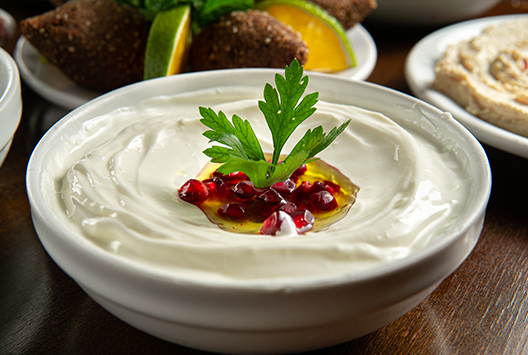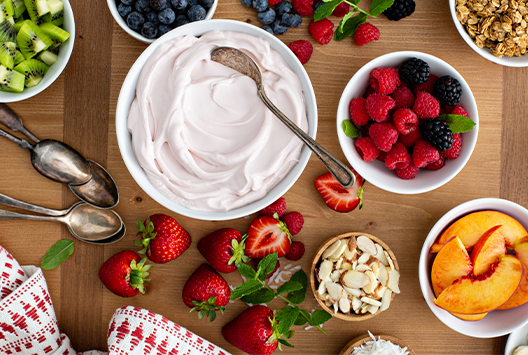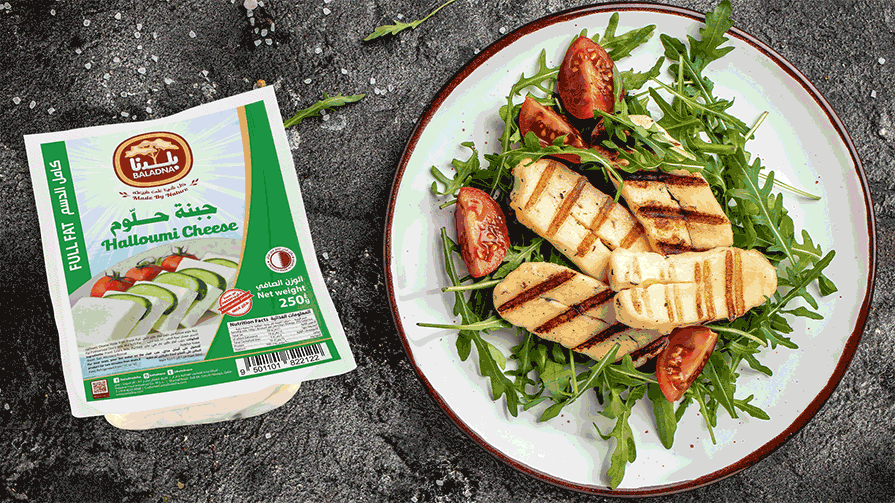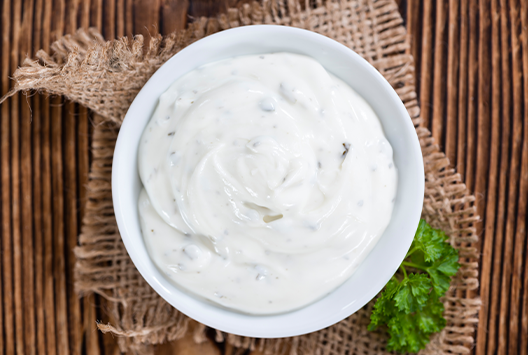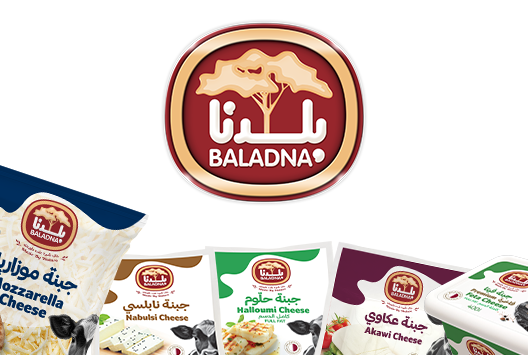
Baladna Cheese Varieties: A World of Flavor
Similar
Baladna cheese is a delightful and versatile option that can be enjoyed on its own or paired with a wide range of foods. Crafted from 100% fresh, local milk, our cheese range boasts a rich flavor and smooth, creamy texture, making it an ideal choice for picnics, formal dinners, or any occasion. Here are some of the most popular varieties of Baladna cheese:
1. Feta: A Tangy Delight
Baladna Feta Cheese is a salty, crumbly cheese that takes the spotlight in salads, sandwiches, and dips. You can create various dishes using Baladna Premium Feta Cheese, such as feta salad, feta grilled cheese sandwiches, feta spinach dip, feta pasta salad, feta quiche, and stuffed mushrooms. For a Greek-inspired treat, consider making spanakopita by mixing spinach, feta, fresh parsley, dill, onions, garlic, eggs, olive oil, salt, and pepper, then layering the filling in flaky puff pastry before baking.
2. Halloumi: The Perfect Salad Partner
Known for its squeaky texture, Baladna Halloumi is fantastic for grilling and pairs beautifully with salads and pizzas. Try making meat-free skewers using cubes of halloumi, bell peppers, onions, and tomatoes. Simply grill the kebabs until the halloumi is golden brown and the vegetables are tender. A classic halloumi salad can be made with chopped tomatoes, cucumbers, onions, and herbs, all drizzled with a light vinaigrette.
3. Mozzarella: A Universal Favorite
Mild and milky, Baladna Shredded Mozzarella is perfect for pizzas, pasta, and sandwiches. This cheese is known for adding a creamy flavor to pasta dishes like lasagna, spaghetti, and macaroni and cheese. For a gooey treat, use mozzarella in grilled cheese sandwiches, club sandwiches, and paninis.
4. Akawi: A Salty, Gooey Indulgence
With its salty flavor and stretchy texture, Baladna Akawi Cheese is ideal for dough-based dishes like cheese manakeesh and rakakat jebneh. It’s also the key ingredient for achieving the perfect kunafa.
5. Nabulsi: A Creamy Treat
Baladna Nabulsi Cheese offers a creamy texture and a mild tang, perfect for breakfast platters or unique salads. Its slightly salty flavor pairs well with fresh veggies, olives, and bread, or can be crumbled over roasted vegetables and grains.
Elevate your dishes with Baladna cheese by your side
No matter how you choose to enjoy it, Baladna cheese adds a touch of exceptional flavor to any dish. As a proud Qatari-owned and operated farm, we are dedicated to providing our customers with the finest dairy products. Our expansive farm spans over 2.6 million square meters and houses 24,000 cows, all raised in comfortable and well-maintained conditions to ensure optimal production.
Visit our website today to learn more about our offerings!
